The new generation of ESLs, applying the technology of BLE, Wi-Fi and IOT system, enable stores to achieve all digital functions without installing servers.
Electronic Shelf Label
Function
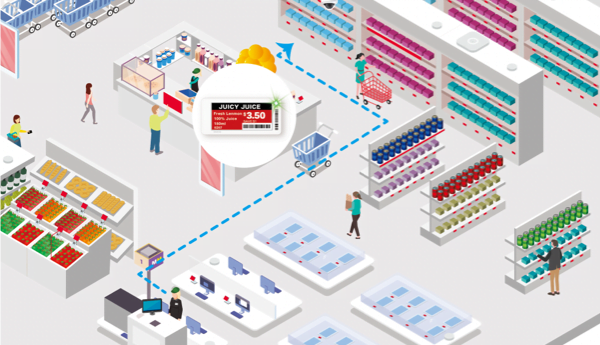
Install ZKONG large-size electronic shelf labels in shelves, central areas and entrances to ensure the coverage and exposure of brand advertising in shops.

The inventory data on the electronic shelf label screen will be updated simultaneously with the inventory system when the user’s management system is connected with the ZKONG cloud ESL system.
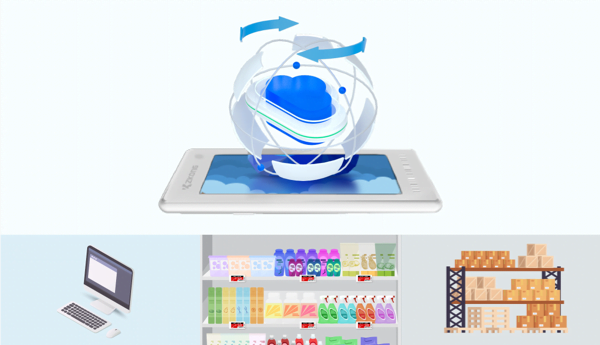
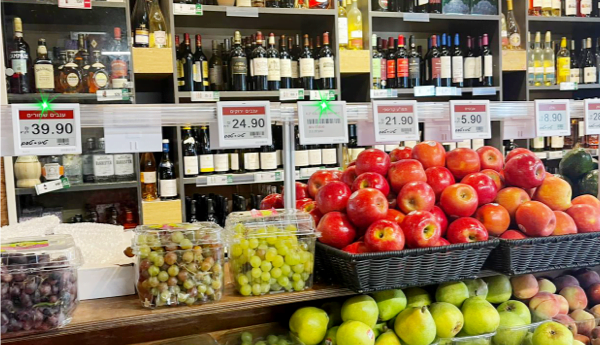
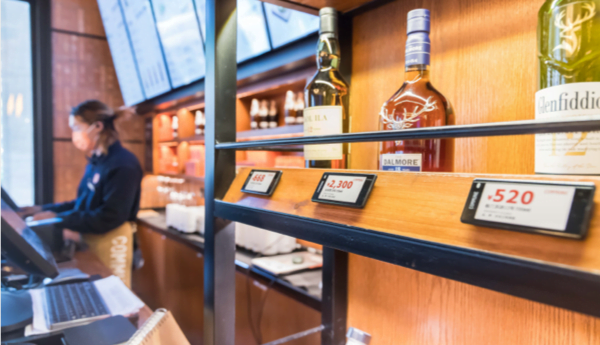
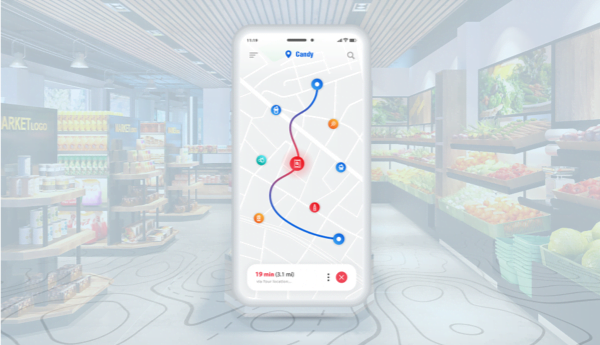
When consumers click the product on the app, the app will provide the best route from the consumer’s current location to the located product
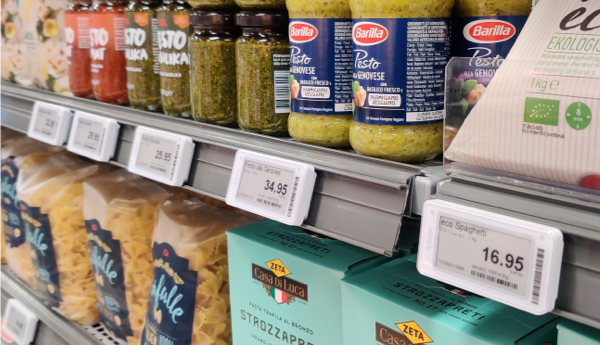
The customers can enter the online store and comment on the app easily when they scan the QR code on the electronic shelf label or hold the smart phone close to the ESL


Get in touch with us
Feel free to contact our service team
Electronic Shelf Label: Revolutionizing Retail Pricing and Information Display
Introduction
In the ever-evolving realm of retail technology, innovations are continuously reshaping the way businesses engage with customers and manage operations. One such transformative innovation making waves is the Electronic Shelf Label (ESL). With its ability to offer real-time updates and streamline pricing and product information management, the ESL has swiftly become a game-changer for retailers worldwide. In this article, we delve into the captivating world of Electronic Shelf Labels, exploring their functionalities, advantages, and the technologies that power them.
The Power of Electronic Shelf Labels
Enhancing Customer Experiences
In the fast-paced world of retail, accurate pricing and product information are paramount. Electronic Shelf Labels eliminate the need for manual price adjustments and paper-based tags, resulting in a more efficient and customer-centric shopping experience. Shoppers can access precise pricing and detailed product information, empowering them to make informed purchasing decisions.
Real-Time Updates
Gone are the days of price discrepancies between shelves and checkout counters. ESLs allow retailers to instantly update prices across the store remotely. Whether it’s responding to market trends, running promotions, or adjusting prices dynamically, ESLs ensure consistency and accuracy in pricing information.
Reducing Operational Costs
ESLs substantially reduce labor costs and the environmental footprint associated with traditional paper-based labels. The automation of price updates minimizes human errors and eliminates the need for frequent manual interventions, translating to significant cost savings over time.
The Technologies Behind ESLs
Bluetooth Low Energy (BLE)
BLE technology forms the backbone of ESLs’ wireless communication capabilities. It enables seamless interaction between ESLs and nearby devices, such as smartphones or dedicated management tools. This technology facilitates real-time updates and ensures that pricing and information remain up-to-date and accurate.
Wi-Fi Connectivity
ESLs equipped with Wi-Fi connectivity take efficiency to the next level. They establish a direct connection with the store’s network, enabling centralized management and updates. This feature ensures uniformity across all ESLs within the store and facilitates rapid adjustments based on market dynamics.
Internet of Things (IoT) Integration
The integration of ESLs into the IoT ecosystem allows for intelligent data collection and analysis. IoT-enabled ESLs gather insights into customer preferences, popular products, and inventory levels. This data empowers retailers to optimize their operations and tailor their offerings to meet customer demands effectively.
Future Prospects
The future of ESLs is promising, with advancements continuing to enhance their capabilities. As AI and machine learning integrate with ESLs, retailers can anticipate even smarter dynamic pricing strategies based on real-time data. Additionally, ESLs’ integration with augmented reality (AR) could provide customers with immersive shopping experiences, bridging the gap between the physical and digital realms.
Frequently Asked Questions
Q1: How do Electronic Shelf Labels benefit retailers?
A1: ESLs improve pricing accuracy, enhance customer experiences, and reduce operational costs by automating price updates and eliminating the need for paper tags.
Q2: Can ESLs be integrated with existing retail systems?
A2: Yes, ESLs are designed to seamlessly integrate with existing retail management systems, enhancing their functionality and improving overall efficiency.
Conclusion
The Electronic Shelf Label is more than a mere replacement for traditional price tags; it’s a gateway to a more efficient, accurate, and customer-centric retail experience. Through the power of BLE, Wi-Fi, and IoT technologies, ESLs empower retailers to achieve all-digital functions without the need for traditional server installations. As these labels continue to evolve, the retail landscape is poised for a transformative shift, led by the innovative capabilities of Electronic Shelf Labels.









































